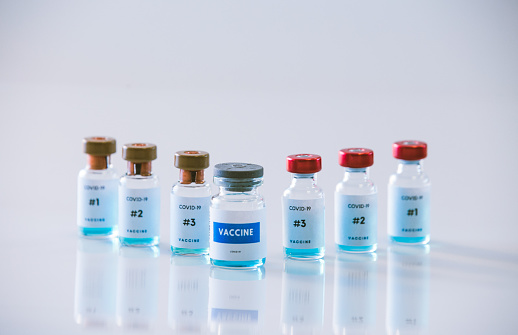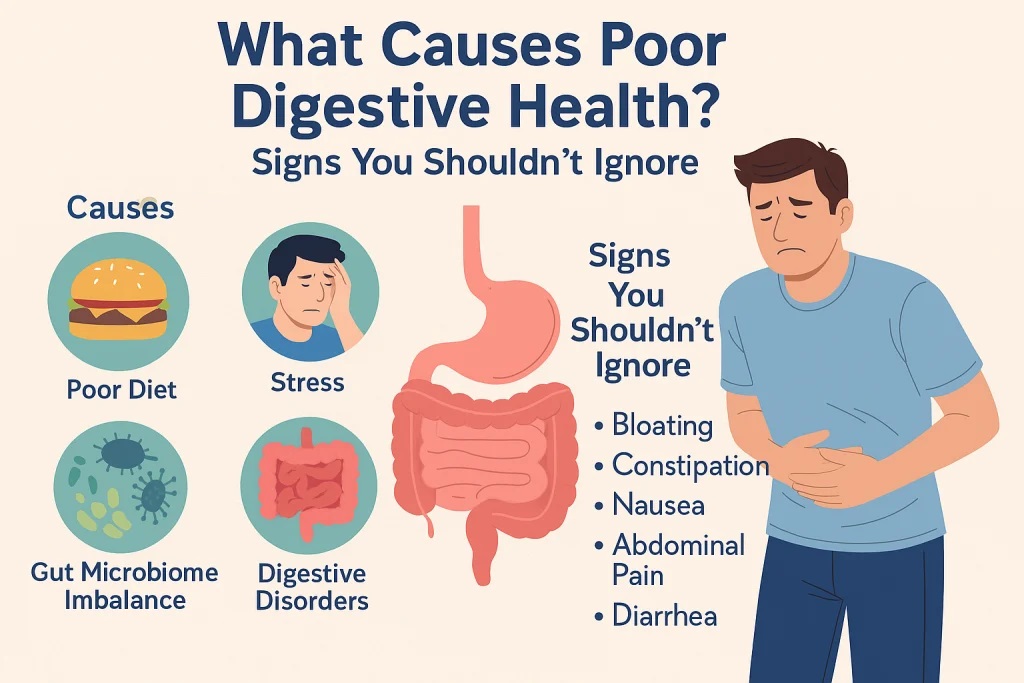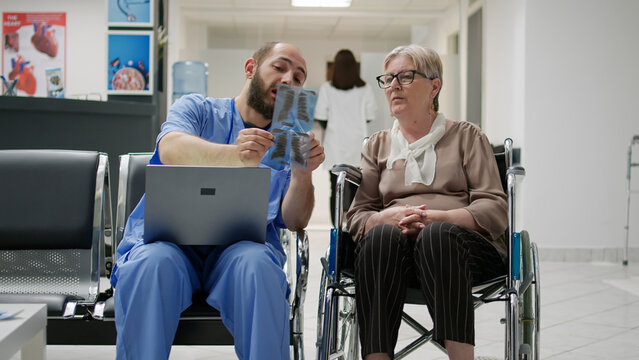Vaccination is one of the most effective tools in modern medicine. It has saved millions of lives by preventing deadly diseases, reducing outbreaks, and building healthier communities. But many people still wonder: How do vaccines really work?
At Local MD, we believe that understanding the science behind vaccination empowers people to make informed decisions about their health. Vaccines are not just shots—they are training programs for your immune system, teaching your body how to fight infections safely and effectively.
How the Immune System Works
Your immune system is your body’s natural defense against harmful germs like viruses and bacteria. When a germ enters your body, your immune system recognizes it as foreign and launches an attack.
This defense involves two major responses:
-
Innate immunity – the first line of defense that reacts quickly but non-specifically to invaders.
-
Adaptive immunity – a slower but highly specific defense system that learns to recognize germs and remembers them for the future.
The most powerful feature of adaptive immunity is its memory. Once exposed to a pathogen, your immune system remembers how to fight it if it shows up again.
How Vaccination Mimics Infection Safely
Vaccines use this memory system to protect you—but without causing the disease itself. Here’s how it works:
- Introduction of a harmless version of the germ
Vaccines contain either killed, weakened, or small parts of a virus or bacteria (such as proteins). These components cannot cause serious illness but are enough for your immune system to recognize the threat. - Immune response activation
Once introduced, your body treats the vaccine as if it were a real infection. It produces antibodies—special proteins designed to neutralize the germ. - Creation of memory cells
After the initial response, your immune system stores the “blueprint” of that pathogen in memory cells. These cells last for years, sometimes even a lifetime. - Future protection
If the real germ ever invades, your immune system reacts instantly, stopping the infection before it can make you seriously ill.
This is why vaccinated people often avoid getting sick—or experience only mild symptoms—when exposed to diseases like measles, flu, or COVID-19.
Types of Vaccines and Their Role
Not all vaccines are the same. Scientists use different approaches of vaccination depending on the disease:
-
Inactivated vaccines (e.g., polio, hepatitis A) – Contain killed versions of the germ.
-
Live attenuated vaccines (e.g., measles, mumps, rubella) – Contain weakened germs that cannot cause severe illness in healthy individuals.
-
Subunit or protein-based vaccines (e.g., hepatitis B, HPV) – Use only parts of the germ to stimulate immunity.
-
mRNA vaccines (e.g., COVID-19) – Teach your cells to produce harmless proteins from the virus, prompting an immune response.
-
Toxoid vaccines (e.g., tetanus, diphtheria) – Contain inactivated toxins produced by bacteria.
Each type is carefully developed and tested for safety and effectiveness before approval.
Why Vaccination Matters
Vaccines provide benefits not only to individuals but also to entire communities:
- Personal protection – Vaccination reduces your risk of contracting serious illnesses.
- Community immunity (herd immunity) – When enough people are vaccinated, germs have fewer opportunities to spread, protecting those who cannot be vaccinated (like infants or people with weak immune systems).
- Disease elimination – Vaccines have successfully eradicated smallpox worldwide and drastically reduced diseases like polio and measles.
- Lower healthcare costs – Preventing illness through vaccination is far less expensive than treating severe infections.
Common Myths About Vaccination
Despite the science, misinformation often causes confusion. Let’s clear up some common myths:
-
“Vaccines cause the disease they’re meant to prevent.”
False. Vaccines contain weakened or inactive germs—or only parts of them—that cannot cause the illness. -
“Natural immunity is better than vaccination.”
While natural infection may create immunity, it comes with serious risks such as hospitalization or long-term complications. Vaccines train your immune system safely. -
“Too many vaccines overwhelm the immune system.”
Not true. Your immune system fights thousands of germs daily. The small number of antigens in vaccines is minimal compared to what the body encounters naturally.
The Role of Vaccination at Local MD
At Local MD, we provide comprehensive vaccination services for children, adults, and seniors. Our goal is to make vaccination convenient, safe, and stress-free. Services include:
-
Routine childhood vaccinations to protect against diseases like measles, polio, and hepatitis.
-
Adult immunizations such as flu shots, tetanus boosters, shingles, and HPV.
-
Travel vaccinations for international destinations.
-
COVID-19 and seasonal flu vaccinations to keep you and your community safe.
Our team reviews your medical history, checks your vaccination record, and ensures you receive the vaccines you need to stay protected.
Preparing for Your Vaccination
Most vaccines require little preparation, but here are a few helpful tips:
-
Bring your vaccination records so your provider can track what you need.
-
Inform your doctor of any allergies or past reactions.
-
Stay hydrated and relaxed before your appointment.
-
After vaccination, expect mild side effects like soreness or fatigue—these are normal signs your immune system is responding.
Vaccination and the Future of Global Health
The success of vaccination goes beyond individual health—it shapes the future of medicine. Ongoing research is creating vaccines for diseases like malaria, HIV, and even certain cancers. These breakthroughs highlight the potential of vaccines to eliminate some of the world’s most challenging illnesses.
By choosing vaccination, you’re not only protecting yourself—you’re contributing to a healthier, safer world for generations to come.
Conclusion
Vaccination is more than a medical procedure—it’s a scientific achievement that trains your immune system to fight disease without the dangers of natural infection. By creating memory cells and long-lasting protection, vaccines save lives, prevent outbreaks, and build stronger communities.
At Local MD, we’re proud to provide trusted vaccination services tailored to every patient. Whether you need routine immunizations, travel vaccines, or seasonal protection, our expert team is here to guide you.
Protecting your health starts with preparation. And nothing prepares your immune system better than vaccination.






